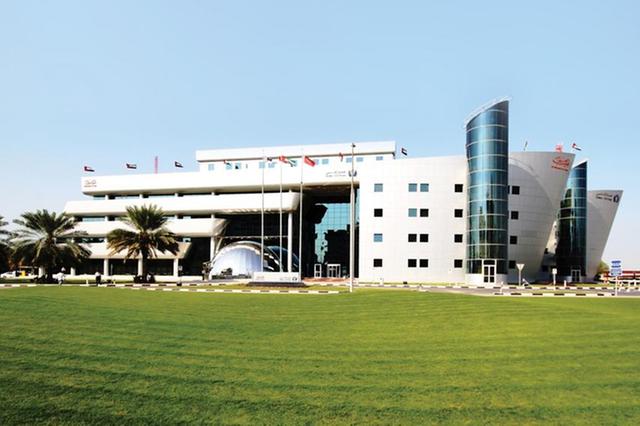Dubai Customs conducted 344 training courses for its employees during Q1 2022 within its strategic plan 2021-2026, which aims, among other objectives, to develop the competencies of its human capital and advance their skills and experiences.
The trainings, a total of 6,130 hours, targeted 974 employees, and they included 30 courses on customs work, 268 courses on specialized subjects such as IT, innovation, data science, AI, warehousing, intellectual property, 34 courses and workshops on administrative skills and 12 courses on developing and preparing leaders in Dubai Customs.
Training courses conducted by the Training Center grew considerably in number compared to previous years, and there was higher focus on behavioral and technical competency matrix and the latest government trends in the work environment.
“Continuous developing of employees’ competencies is a priority, so that we can keep pace with the rapid development of the country in its race towards competitiveness, global leadership, excellence, creativity and knowledge in all fields,” said Mohammed Al Ghaffari, Executive Director, Human Resources, Finance and Administration Division. “We have developed a training plan relying on strategic objectives, planned projects, competency matrix, employee training record, field visits, and performance evaluation, according to data, results and analysis of training needs for all sectors, departments and organizational units in the department.”
Training covered trendy subjects including virtual reality and SIMFOX program; inspection simulator system, among others.
Recently, Dubai Customs has signed a cooperation agreement with the United Nations Office on Drugs and Crime to help qualify a group of employees to be experts in several fields, including risk management, border control, and criminology.
For her part, Asmaa Ahmed, Senior Manager of Training Programs Department at Dubai Customs pointed out that the training plan helps to qualify cadres to lead the future, while focusing on meeting the knowledge needs of employees through the implementation of specialized courses in administrative and security fields.

